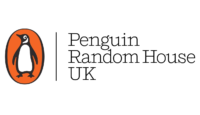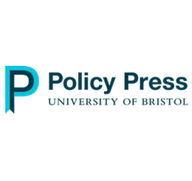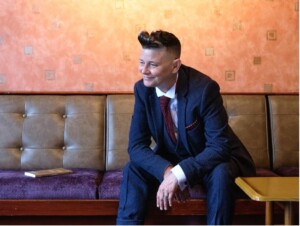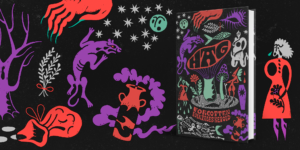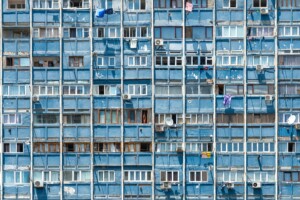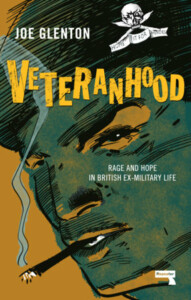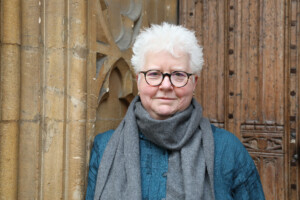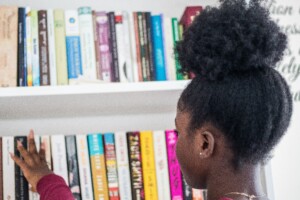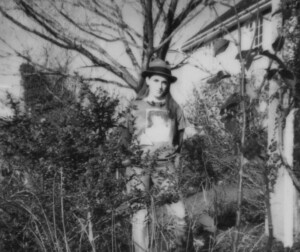Working-Class Writers Festival

Share this
The Working-Class Writers Festival is a dynamic new festival which first took place in Bristol in October 2021.
The 2021 festival enhanced, encouraged and increased representation of working class writers across the country, whilst connecting audiences, authors, readers, agents and editors. The festival’s artistic director is Natasha Carthew, herself an award-winning working-class writer, poet and passionate campaigner for working-class representation in the arts.
Enjoy the Festival at home
Watch festival highlights on YouTube. Listen to festival highlights on SoundCloud.
‘It’s taken me three years to make the festival a reality, but a lifetime to highlight the barriers we working-class writers face every day; that’s why I’ve created a festival for future generations of writers, an accessible festival that will celebrate the work of working-class writers and gift our community with a sense of pride. The festival will not only provide a platform for working-class writers but will set a precedence among future festivals to make attendance more affordable and accessible to all.’ Natasha Carthew
The festival and the wider engagement programme provided much-needed exposure to working-class writers and bring inspiration to young people from similar backgrounds. It showcased authentic stories reflective of and relatable to the experiences of working-class communities. Running from 21 to 24 October 2021, the festival used physical and digital spaces, and included panel discussions, speaker events and workshops. Events took place in a wide variety of locations around the city, including local libraries. All events were free.
Writers that appeared include Val McDermid, Paul Mendez, Carmen Marcus, Mohsin Zaidi, Anita Sethi, Mahsuda Snaith, Lorraine Brown, Kalwant Bhopal, Mark Hodkinson, Paul Sng, Cash Carraway, Coco Kahn, Sam Missingham, Terri White, Rachel Trezize, Tony Walsh, Dr Wanda Wyporska, Paul McVeigh, Sadie Hasler, Basit Mahmood, Dave O’Brian, Laura Henry-Allain, Tanya Shadwick, Simon Kvosi, Mary O’Hara, Amer Anwar, Jessica Andrews, James McDermott, Sharon Duggal, Cole Moreton, Conrad Murray, Dr Pragya Agarwal, Una, Sarah Shaffi, Hamza Jahanzeb, Niamh Mulvey, Emma Glass, Brian Reade, Caroline Carpenter, Eve Ainsworth, Chris Walsh, Julie Rea, Simon Moreton, Angie Belcher, Tania Harrison, Juliet Pickering, Sam Hodder, Julia Silk, Jenny Knight, Stewart Lansley, Joelle Taylor and Yvonne Bailey-Smith.
You can follow the festival on Twitter at @classfestival #classfest21
At the heart of the festival is the commissioning and showcasing of working-class writers of all styles and disciplines, providing a platform for those who are already established as well as those making their debut. The festival will be working with Knowle West Media Centre to appoint a Bristol-based writer in residence and will be working with LYRA to commission new work from Bristol-based working-class poets.
Bristol Ideas is supporting the project coordination of the Working-Class Writers Festival. It builds on our 28 years of engagement work in city, and particularly our relationships from Homes for Heroes 100 and A Poetic City.
‘Hachette UK is committed to widening the social diversity of our people and publishing and, as such, we are delighted to be co-sponsoring the Working-Class Writers Festival. We wholeheartedly support the festival’s aim to showcase stories reflective of, and relatable to, the experiences of working-class communities and their intention to make attendance at festivals more accessible to all, increasing opportunity for all writers regardless of background.’ Hachette UK
‘We are excited to be co-sponsors of the Working-Class Writers Festival. Culture is driven by people from all sections of society, and the festival will shine a spotlight on fantastic working-class authors from across the industry who often go unrepresented at other events. We’ll be hosting a free workshop on how to get published, equipping writers with the insight and tools they need to navigate the industry, as part of our commitment to find and support writers from backgrounds who are currently under-represented in publishing.’ Penguin Random House


